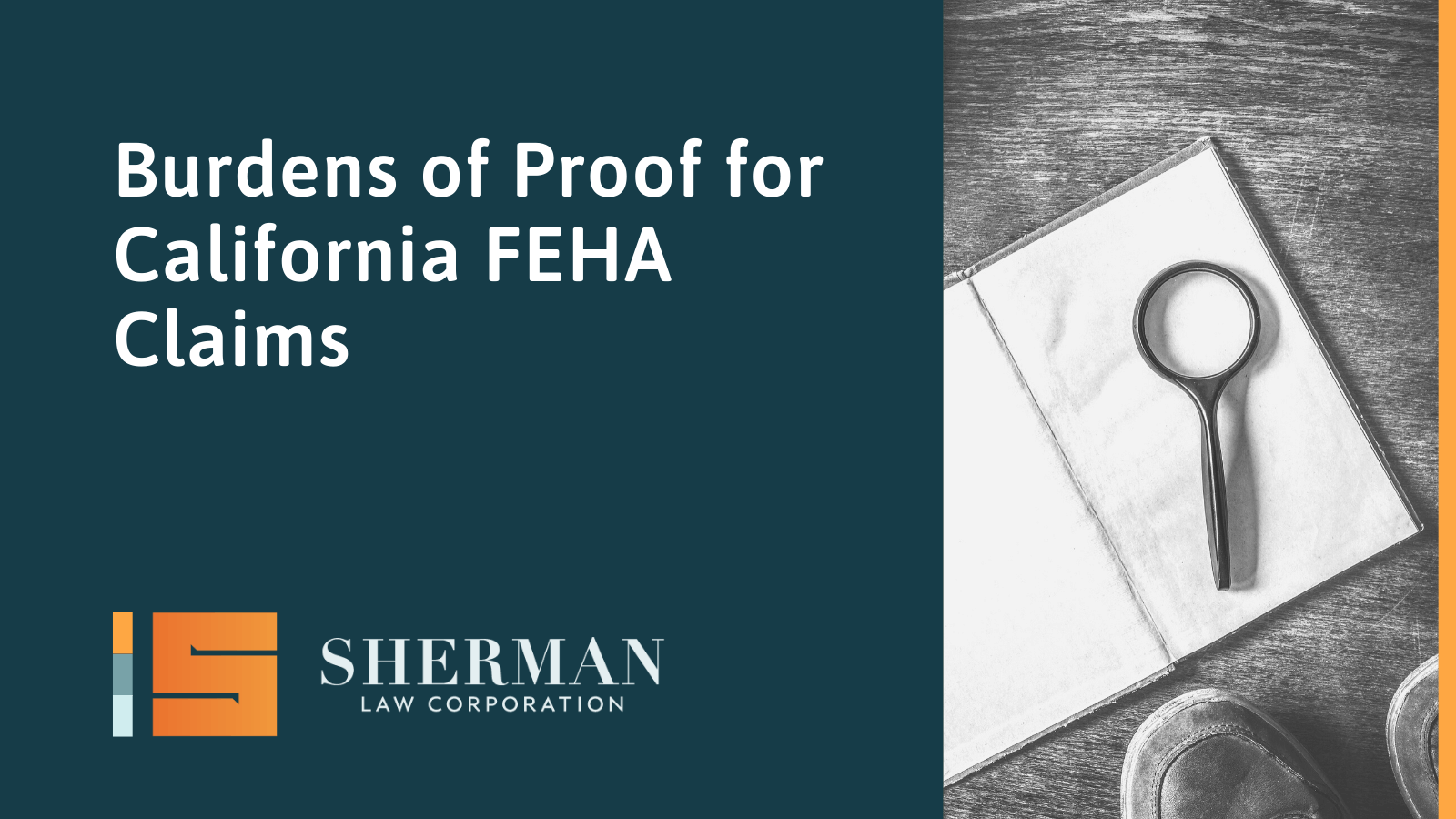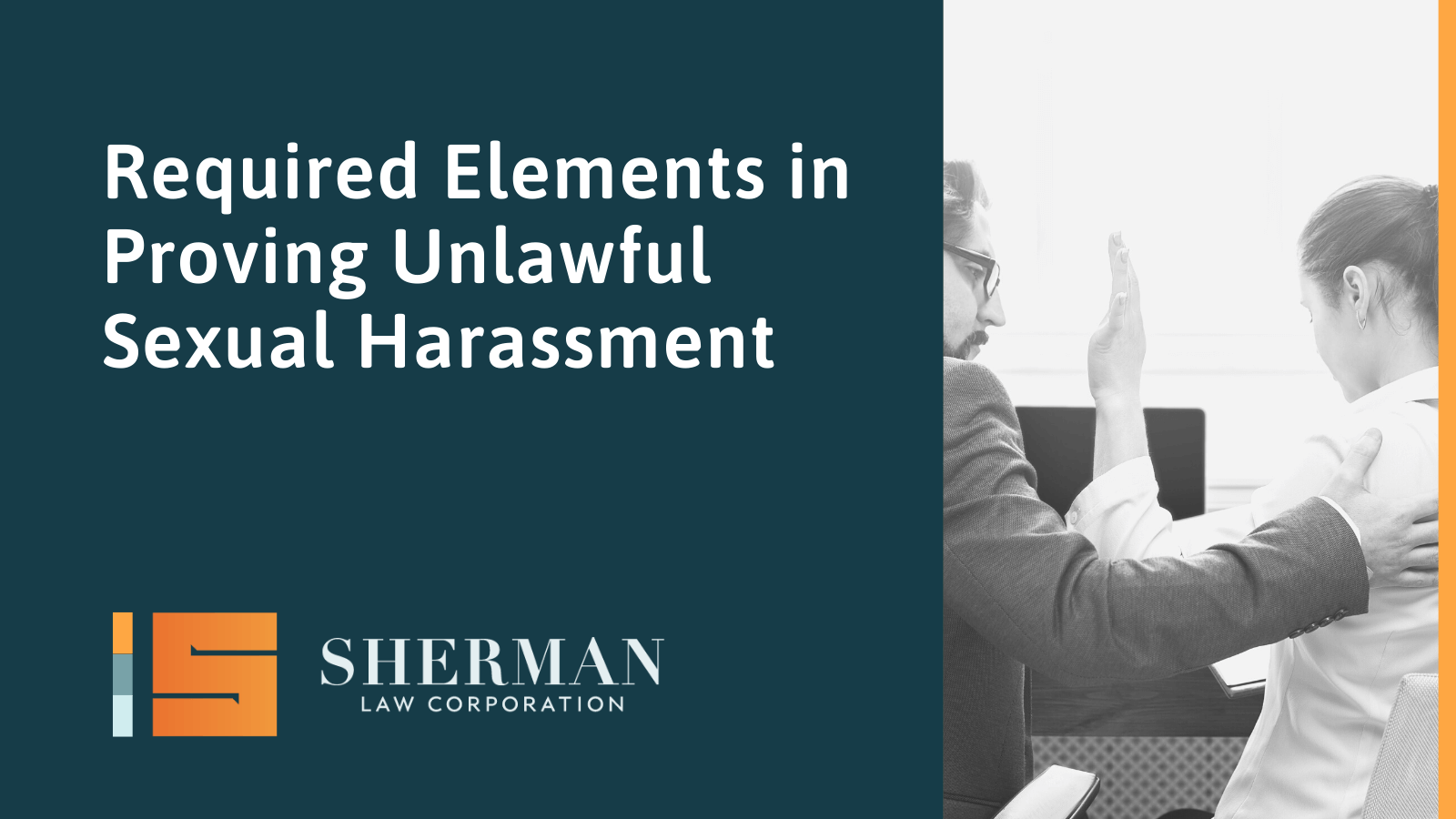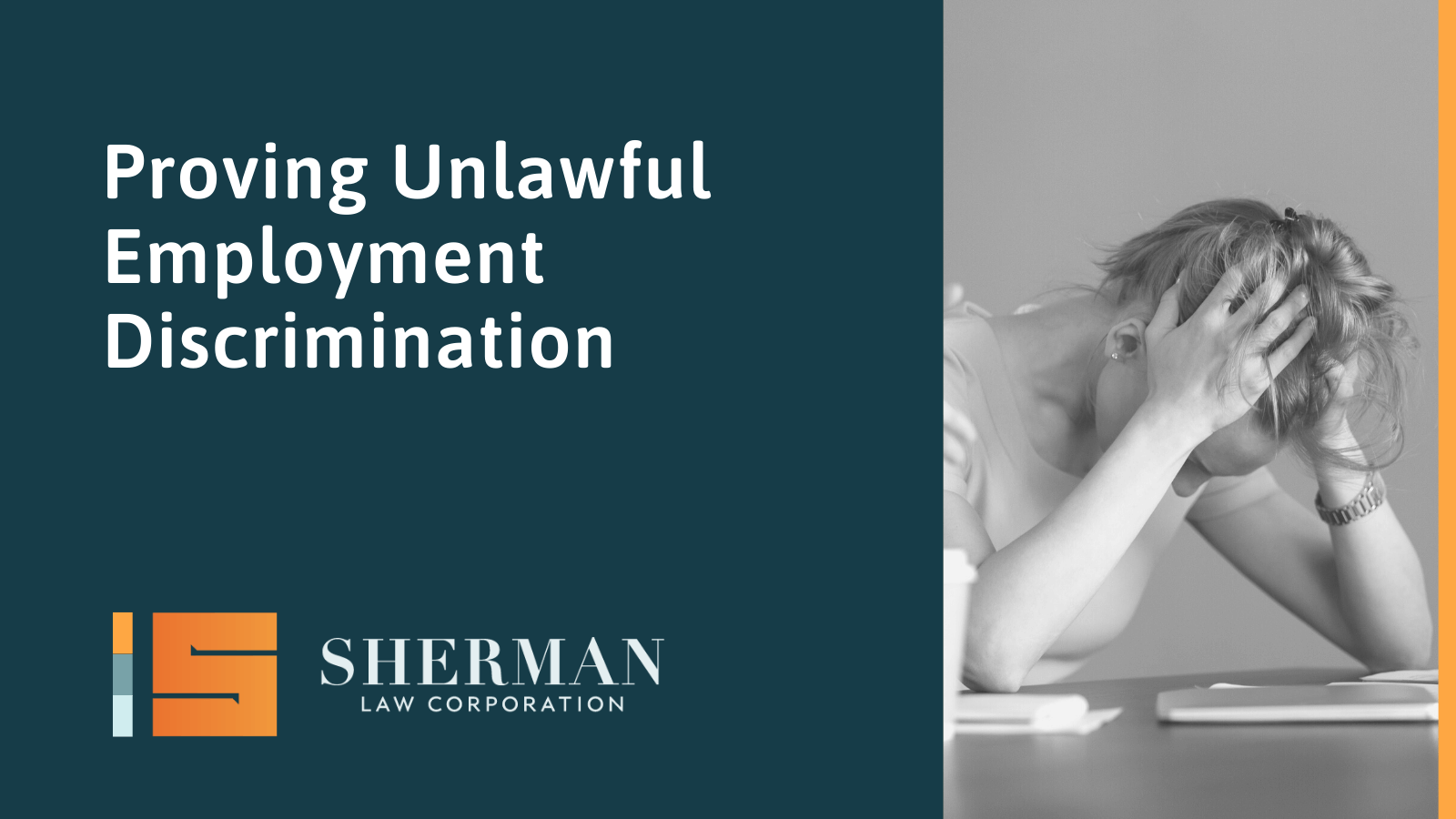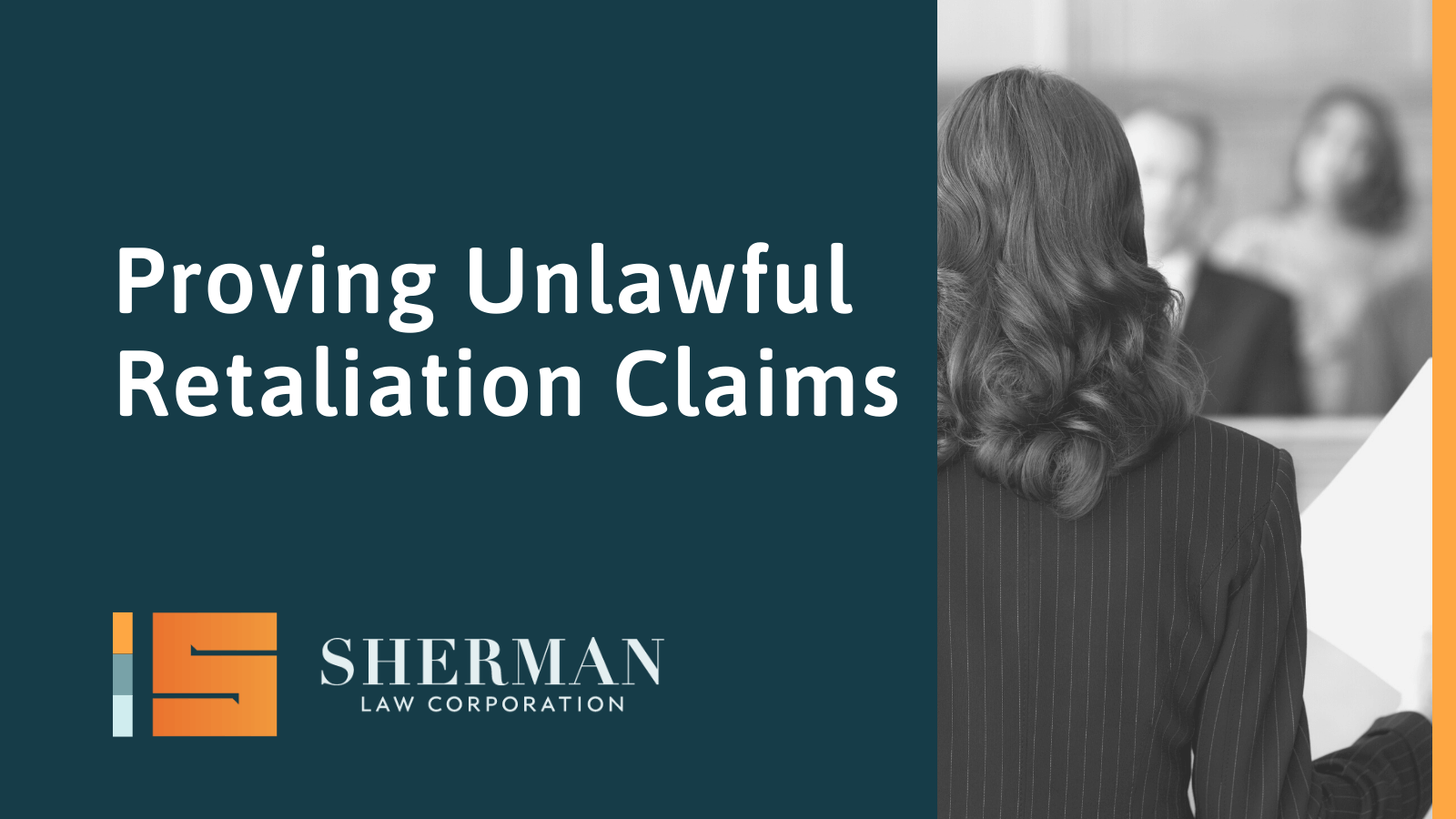
California is proud of its Fair Employment and Housing Act (FEHA), but it’s important for employers and businesses of all types to really understand what requirements are included.
From our team of employment lawyers at Sherman Law Corporation, here’s everything California employers need to know about FEHA claims and how to avoid them.
What Is FEHA?
FEHA is the California Fair Employment and Housing Act.
FEHA has provisions that were created to protect employees from discrimination in the workplace. FEHA provisions apply to all employers who have five or more employees, either part-time or full-time employees. And the anti-harassment provision of FEHA applies to any employer that has one or more employees.
The tenets of FEHA are similar to federal laws that prohibit workplace harassment and discrimination like Title VII of the Civil Rights Act. FEHA prohibits discrimination against:
- Race (including traits historically associated with race, including but not limited to, hair texture and protective hairstyles)
- Color
- Religion (includes religious dress and grooming practices)
- Sex/gender (includes pregnancy, childbirth, breastfeeding and/or related medical conditions)
- Gender identity and gender expression
- Sexual orientation
- Marital status
- Medical Conditions (genetic characteristics, cancer or a record or history of cancer)
- Military or veteran status
- National origin (includes language use and possession of a driver’s license issued to persons unable to prove their presence in the United States is authorized under federal law)
- Ancestry
- Disability (mental and physical, including HIV/AIDS, cancer, and genetic characteristics)
- Genetic information
- Request for family care leave
- Request for leave for an employee’s own serious health condition
- Request for Pregnancy Disability Leave
- Retaliation for reporting patient abuse in tax‐supported institutions
- Age (over 40)
FEHA Claims And The Burden of Proof
When a discrimination claim or a FEHA violation claim is filed against a business, the party bringing the suit must show that bias was a substantial motivating factor in the denial of an employment benefit to an individual and that the denial is not justifiable by a permissible defense.
For example, if an employee asked for an accommodation that was not reasonable or put undue hardship on the employer, then the denial of the accommodation is not discrimination. This standard applies only to claims of discrimination on a basis enumerated in Government Code section 12940, subdivision (a), and to claims of retaliation under Government Code section 12940, subdivision (h).
This standard does not apply to other practices made unlawful by the Fair Employment and Housing Act, including, but not limited to:
- harassment,
- denial of reasonable accommodation,
- failure to engage in the interactive process, and
- failure to provide leave
Fighting A Discrimination Claim in California
The key to fighting a discrimination claim is establishing that bias was not a motivating factor in the action taken by the employer.
A skilled employment law attorney like our team at Sherman Law Corporation can help you show proof that decisions made regarding employment and benefits of employment were made based on other factors and that bias was not part of the decision-making process in any decisions that were made regarding employment benefits.
Contact Sherman Law Corporation in California today
Fighting a claim of workplace discrimination or a FEHA violation can be difficult for employers. You need an attorney who thinks outside the box but knows California law well enough to provide the best possible defense. Sherman Law Corporation attorneys have been successfully litigating FEHA and employment cases for decades. Our lawyers can give you personalized advice and help you strategize based on the unique facts of your particular case.
Call Sherman Law Corporation today to get the answers to your questions about FEHA and how it impacts employers as well as personalized information for your situation.




